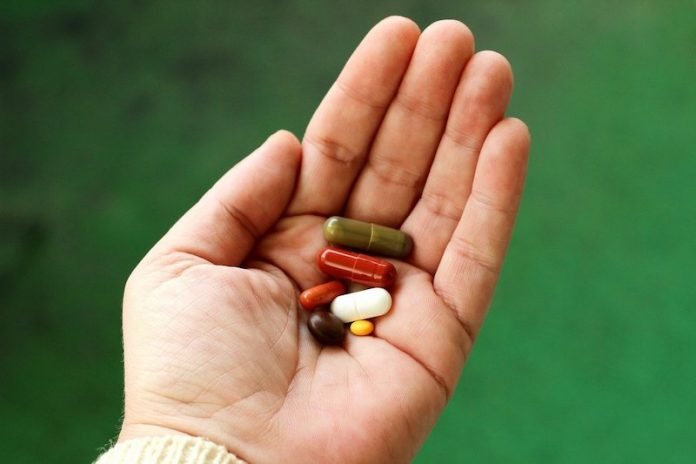
In a new study, researchers found that a daily pill combining four cholesterol and blood pressure drugs taken with low-dose aspirin can cut the risk of heart attacks, strokes and heart-related deaths by nearly one third.
The research was conducted by a team at McMaster University and elsewhere.
For a long time, doctors have been examining whether the cheap, all-in-one combo pills could make it easier to prevent heart disease, the top killer worldwide.
In the study, the team tested Polycap, a pill from India-based Cadila Pharmaceuticals Ltd. that contains three blood pressure medicines (atenolol, ramipril and the “water pill” hydrochlorothiazide) plus a cholesterol-lowering statin.
It sells in India only for about 33 cents a pill.
The team enrolled more than 5,700 people, mainly including men over 50 years old and women over 55. All were at moderate risk of heart problems because of high blood pressure, diabetes or other conditions.
These people were divided into groups and given either low-dose aspirin (75 milligrams), the polypill alone, the polypill plus aspirin or placebo pills.
The researchers found after just over four years on average, aspirin alone did not make a significant difference, but the polypill alone showed a trend toward modest benefit.
Moreover, the polypill plus aspirin showed clear value, reducing the heart-related problems and deaths by 31%.
About 4% of people in this group died or suffered one of the heart problems being tracked versus nearly 6% of those on placebo pills.
The side effects were minimal. About 1.5% more of the polypill users had dizziness or low blood pressure, but they could be switched to a lower dose if that happened.
The team says polypill companies would need to seek regulators’ approval to sell the pills in various countries, and that generic drug makers might team with large insurers to offer the therapy.
One author of the study is Dr. Salim Yusuf.
The study is published in the New England Journal of Medicine.
Copyright © 2020 Knowridge Science Report. All rights reserved.



